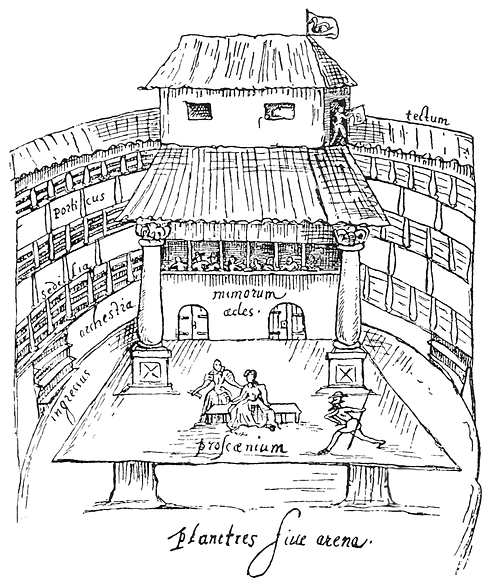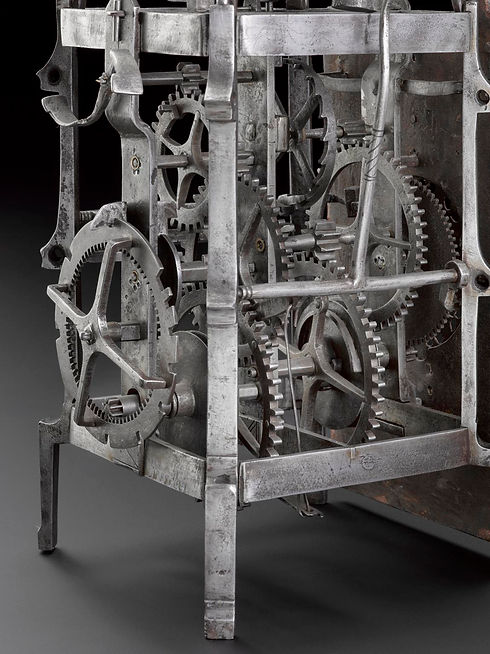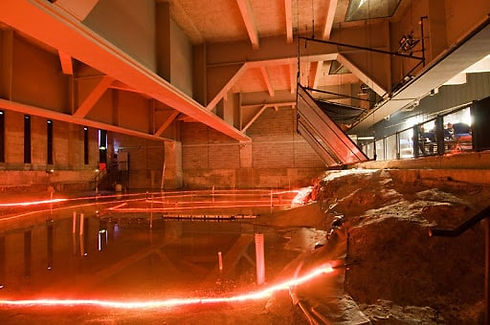
Playgoing Time
Chronology, Intermission, Repetition
About
The subject of theatre and time has proved a remarkably rich field of study. But although early modern theatre history has absorbed many of the insights of such scholarship – principally through the analysis of the theatrical repertory and its examination of the recycling of performance tropes, costumes, performers, and props – several underlying assumptions about time require revision. Scholars routinely privilege a playgoer’s first contact with a play and tend to assume that playgoers saw plays in the order of their first performance. Playgoing Time in Elizabethan London reassesses foundational claims about chronology and repetition in the early modern theatre, arguing that a more multivalent temporal vocabulary is necessary to conceptualize how playgoers’ experience of and in time affected their experience of playgoing.
Playgoing Time in Elizabethan London is funded by a Leverhulme Research Fellowship.


Playgoing
As its title suggests, Playgoing Time in Elizabethan England puts playgoing centre stage. By attending to playwrights, playing companies, and the repertory system they operated within, early modern drama studies has tended to privilege play production. Turning its focus towards play reception, Playgoing Time seeks to trouble the idea that play producers were the primary arbiters of theatrical meaning in early modern England. Studying early playgoers requires careful consideration of historical material but it also entails thinking carefully about our own playgoing practices today. As such, I draw on my own experience as a playgoer to acknowledge similarities between early modern and contemporary playgoing and to emphasize that early modern playgoers’ experiences would have been similarly personal and unique, a point early modern theatrical scholarship has often struggled to acknowledge.
Time
Playgoing Time in Elizabethan London queries several foundational assumptions about theatre history. Early modern repertory practice (in which theatre companies typically staged a different play each day) meant that playgoers were extremely unlikely to see plays in the chronological order of their composition, as is sometimes assumed. Repertory staging also meant that playgoers were likely to see some plays several times (a likely scenario often noted but very rarely considered in any detail). Ironically, repertory theatre also made it more likely for some playgoers to miss plays entirely. Playgoing Time examines the order in which playgoers saw plays, the frequency with which they attended playhouses, and the number of times they saw the same play. These temporal factors, which are fundamental to the performance and reception of early modern English drama, had a tremendous potential to affect the theatrical experience.


Elizabethan London
Playgoing Time in Elizabethan England draws upon the evidence of Philip Henslowe's theatrical account book, better known as Henslowe's Diary. Henslowe offers a window into the performance of Elizabethan drama by documenting the day to day performances at his Rose Playhouse (and briefly at Newington Butts) from 1592 to 1597. These records reveal which plays were performed and when, so it is possible to map out when plays received their premieres, which plays were performed frequently, when plays were revived, and when and for how long the playhouse closed due to plague outbreaks. The diary is also highly significant because it documents the early performance history of canonical plays by Marlowe and Shakespeare and attests to the existence of numerous now lost plays, while offering invaluable insights into the inner workings of an early modern playhouse. Playgoing Time `will shed new light on this vital document by combining historical scholarship with theories drawn from performance studies, media studies, and anthropology. This unique combination of perspectives allows for, in a manner not before attempted, a timely exploration of the operations of playgoing time